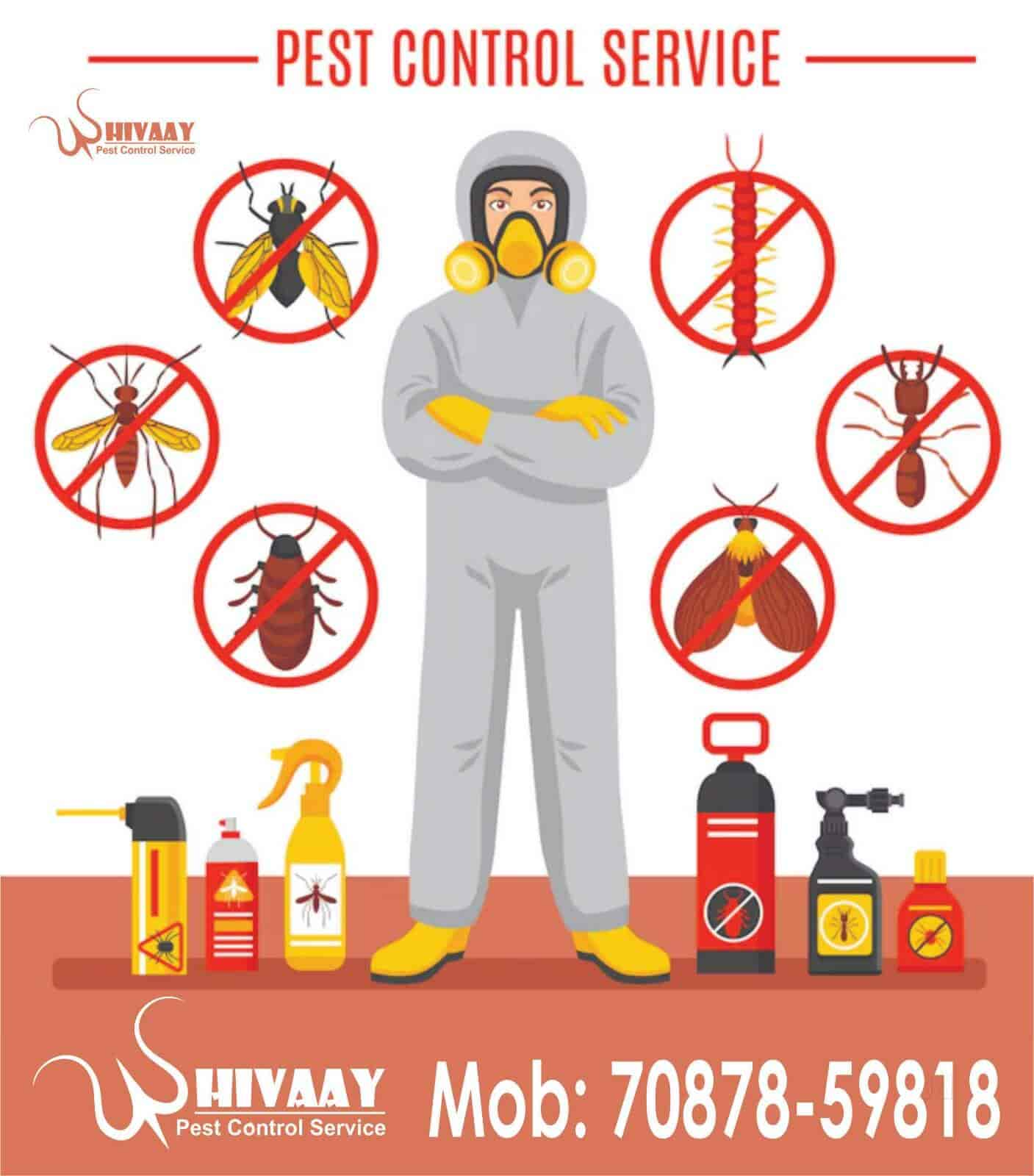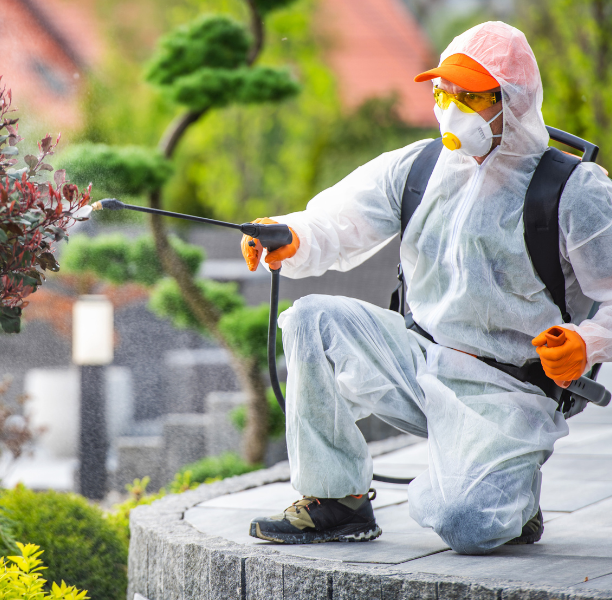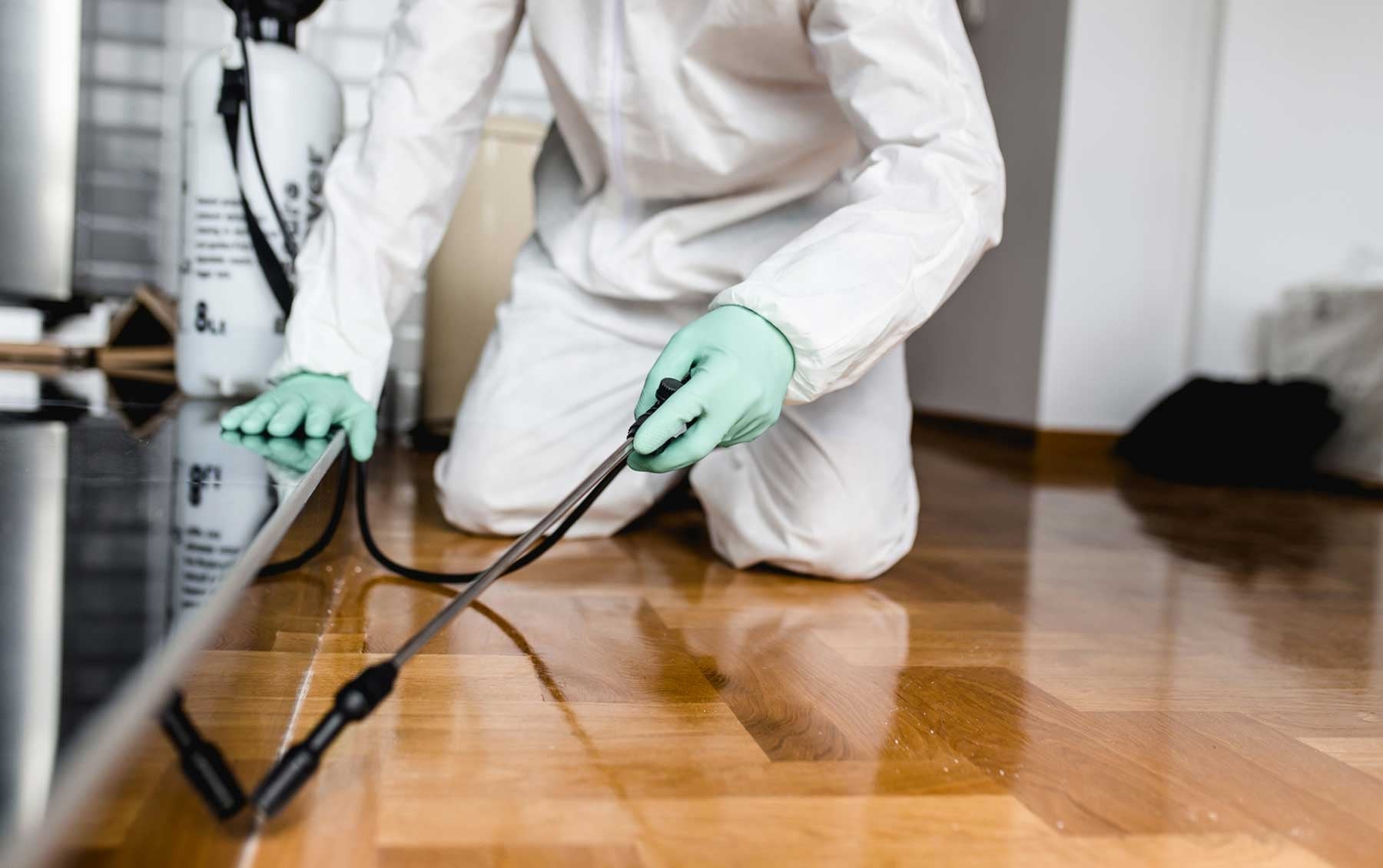Safe and Reputable Pest Control for Lasting Security
Reliable parasite management calls for a multifaceted method that balances ecological stability with the requirement for effective pest suppression. The nuances of these approaches may not be promptly clear, prompting a more detailed evaluation of the practices that can lead to lasting pest control outcomes.
Recognizing Pest Control Techniques
Bug control encompasses a range of methods focused on handling and eliminating unwanted bugs and rodents that can threaten both wellness and residential or commercial property. Understanding these approaches is vital for effective pest administration.
The key classifications of parasite control approaches consist of mechanical, biological, and chemical methods. Mechanical techniques involve physical barriers and traps to avoid insect entrance and capture unwanted varieties. For instance, making use of displays on windows or employing sticky traps can dramatically lower insect populations without introducing damaging compounds.

Chemical bug control is commonly the most recognized technique, making use of chemicals to get rid of insects. These chemicals can be efficient but must be utilized with care to stay clear of damaging results on non-target species and the environment.
Benefits of Eco-Friendly Solutions
Exactly how can eco-friendly options transform bug control methods? The fostering of green pest control techniques uses many benefits, dramatically enhancing the efficiency and safety of pest management (exterminator coquitlam). These services utilize all-natural components, decreasing the dependence on harmful chemicals that can posture dangers to human health and wellness and the atmosphere. This change not just shields family pets and family members but also reduces the possibility for soil and water contamination.

Another advantage is the positive influence on local biodiversity. Environmentally friendly services are created to target certain insects while protecting useful pests and wild animals, promoting a well balanced ecosystem. This approach lines up with the growing consumer demand for lasting techniques, enhancing the online reputation of bug control suppliers.
Integrated Bug Administration Approaches
The execution of environmentally friendly remedies naturally brings about the adoption of Integrated Bug Monitoring (IPM) strategies, which further improve bug control efficacy. IPM is a holistic strategy that combines numerous methods to take care of pest populaces while lessening environmental influence. This approach stresses making use of biological, social, mechanical, and chemical controls, ensuring a sustainable and balanced approach of pest management.
One basic element of IPM is the comprehensive assessment of insect activity and ecological conditions. By keeping track of parasite populations and determining their life process, practitioners can execute targeted interventions that disrupt the insect's environment or lifecycle, lowering dependence on chemical pesticides. Furthermore, social methods such as crop turning and environment adjustment can considerably lessen insect establishment and recreation.
Another critical part is the use of biological control representatives, such as advantageous pests or bacteria, which can naturally subdue insect populaces. When chemical applications are essential, IPM prioritizes the use of low-risk chemicals and uses them selectively, minimizing direct exposure to non-target organisms and human beings.
Including IPM approaches not only enhances bug control efficiency however also promotes a more secure ecosystem, aligning with the expanding need for lasting practices in pest administration.
Safe Practices for Home Owners
Recognizing the significance of secure practices in insect control can encourage house owners to efficiently take care of pest concerns while guarding their wellness and the atmosphere. Implementing non-toxic techniques and preventive measures is vital in minimizing direct exposure to hazardous chemicals.
Homeowners must initially evaluate their environment for conditions that attract pests, such as standing mess, water, and food waste. Routinely cleansing and sealing entrance factors can hinder parasites from getting into the home. Utilizing natural deterrents, such as important oils or diatomaceous earth, Find Out More can provide reliable choices to chemical pesticides.
When chemical treatments are necessary, house owners should go with items that are particularly identified as safe for domestic use. It is vital to follow application standards carefully to stay clear of too much exposure. Using targeted therapies in areas where bugs are determined, rather than covering splashing, can considerably minimize chemical usage.
Finally, maintaining open interaction with parasite control specialists is important. House owners must ask about the safety and security of products utilized and demand green choices whenever possible. By embracing these risk-free techniques, home owners can produce a much healthier living atmosphere while successfully managing parasite concerns.

Tips for Long-Term Protection
Establishing a bug management strategy that stresses long-term security can greatly enhance the efficiency of the secure practices previously talked about. To achieve this, property owners ought to implement regular examinations of their property, concentrating on hidden locations such as attic rooms, cellars, and crawl areas. Early discovery of insect task is crucial in avoiding problems from taking hold.
These methods reduce attractants that attract parasites right into the home. Securing access factors, such as cracks around doors and windows, can properly obstruct potential parasite accessibility.
Landscape design ought to likewise be considered; keeping plants cut and maintaining a range between plant life and the home decreases hiding places you could try this out for pests. Using natural deterrents, such as necessary oils or diatomaceous earth, can further discourage problems without considering severe chemicals.
Lastly, working together with an expert parasite control service for periodic assessments can give an added layer of safety. These specialists can supply customized recommendations and progressed therapies, making certain that your home remains protected against bugs in the long term.
Conclusion
Finally, safe and trusted bug control requires a multifaceted method that emphasizes eco-friendly approaches and integrated insect monitoring. By implementing all-natural deterrents, conducting normal assessments, and maintaining appropriate hygiene, residential or commercial property proprietors can considerably reduce pest populations while shielding useful insects and the environment. Partnership with professional bug control services boosts the performance of these techniques, ensuring tailored options that give lasting protection and assurance against future invasions.
Effective pest monitoring requires a diverse approach that balances environmental honesty with the requirement for reliable pest suppression. The adoption of environmentally friendly pest control techniques offers many benefits, considerably boosting the performance and safety of bug administration.The implementation of environmentally friendly services normally leads to the fostering of Integrated Insect Management (IPM) methods, site web which even more improve parasite control efficacy. exterminator coquitlam. By monitoring bug populations and identifying their life cycles, specialists can carry out targeted treatments that interrupt the parasite's habitat or lifecycle, minimizing reliance on chemical pesticides.In conclusion, secure and reputable insect control calls for a complex method that highlights environment-friendly approaches and incorporated insect monitoring